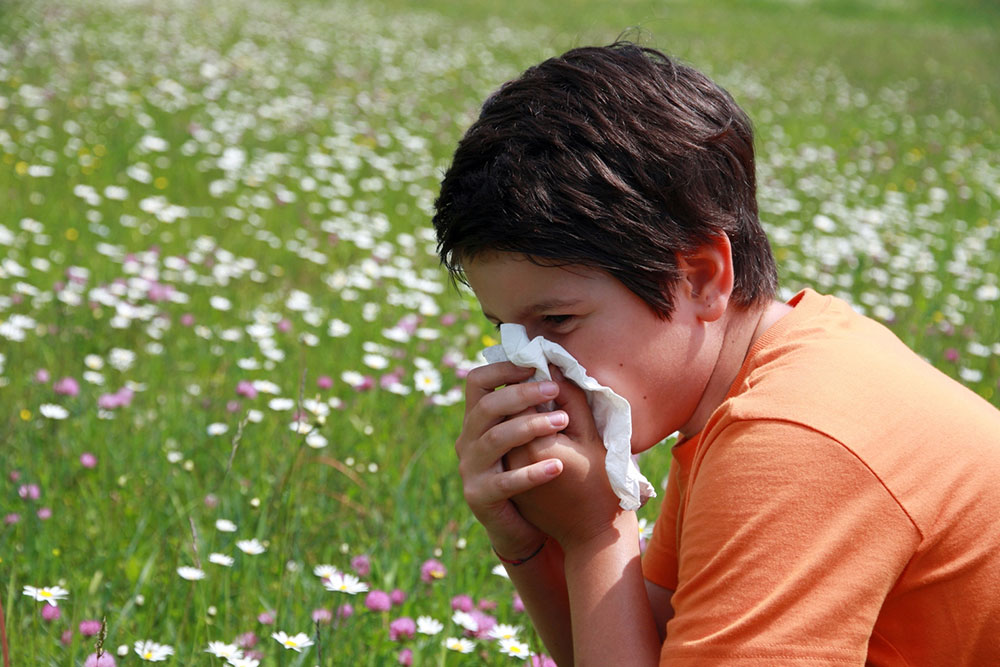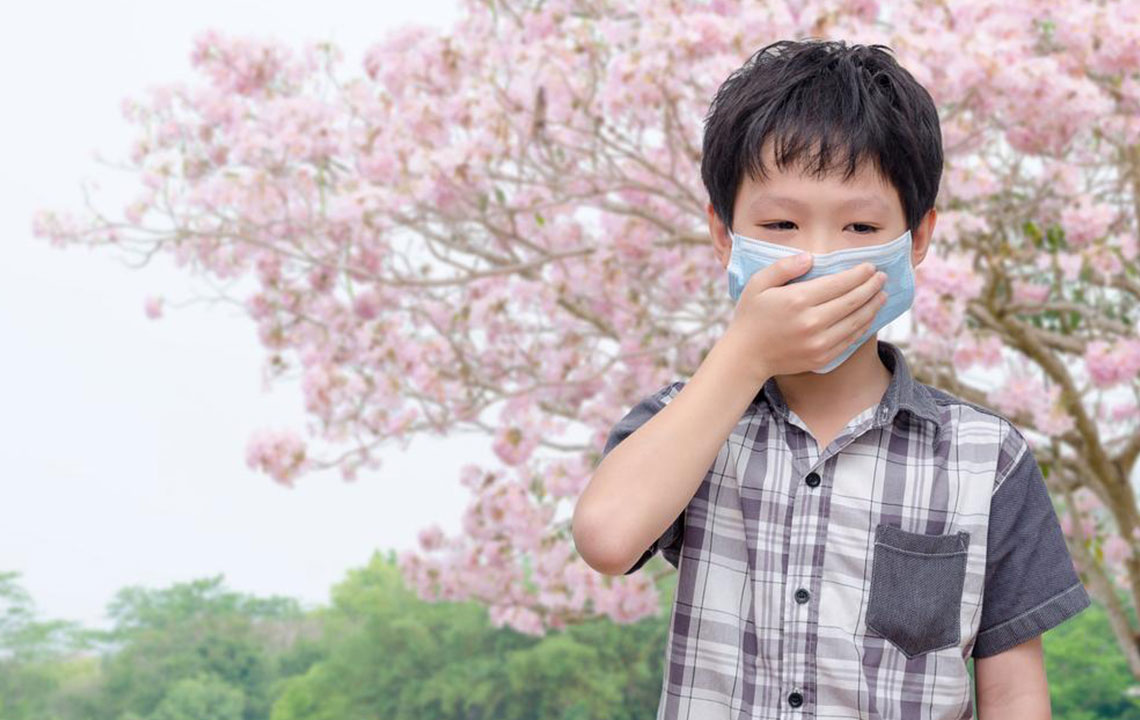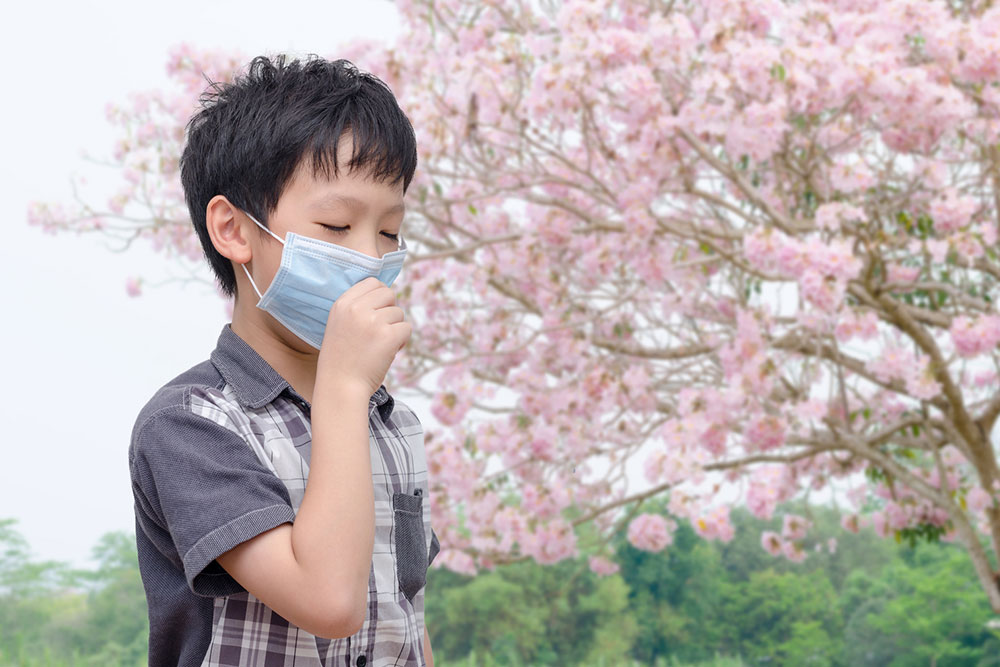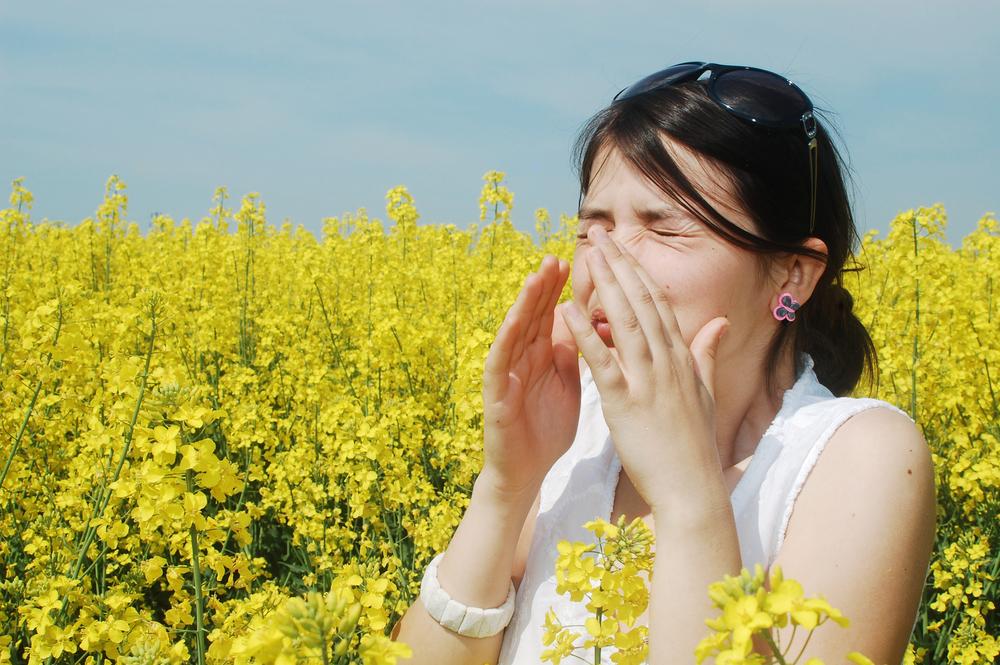Signs and Management of Pollen Sensitivities
Learn about the symptoms and management of pollen allergies, including identifying triggers, monitoring pollen levels, and relieving discomfort caused by seasonal airborne allergens. Stay informed and protect yourself from allergy flare-ups with practical tips and timely actions.
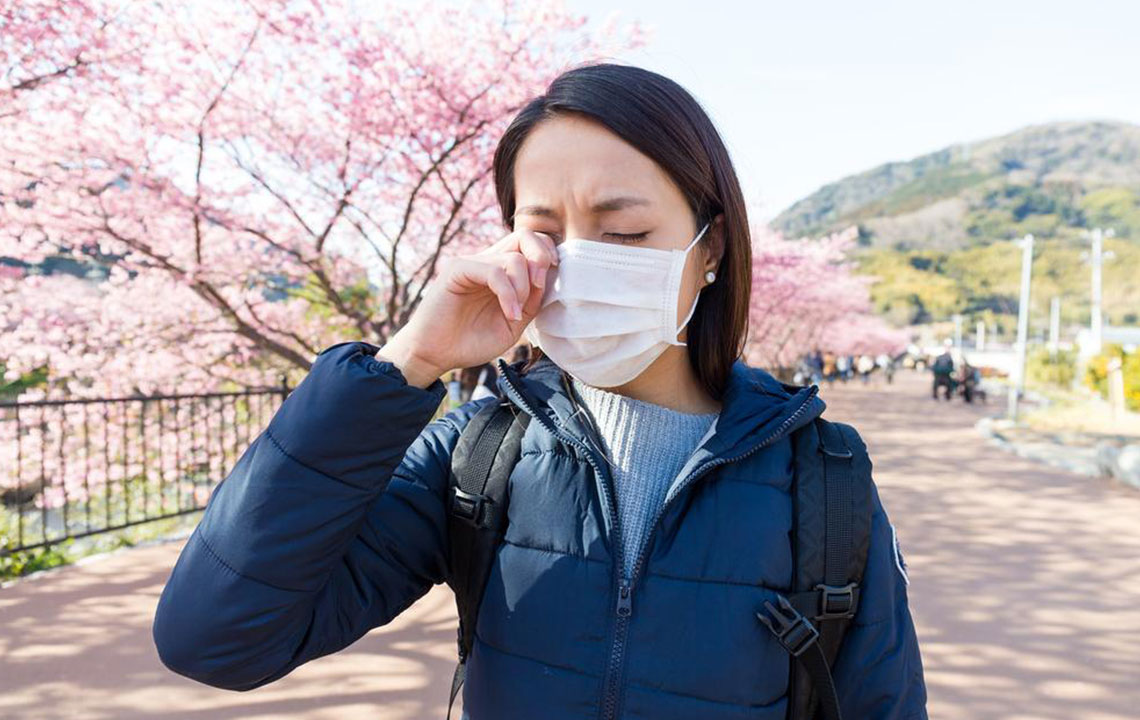
Signs and Management of Pollen Sensitivities
Pollen sensitivity occurs when individuals have allergic reactions to pollen released by flowering plants. This airborne pollen, due to its fine particles, easily travels on air currents, leading to allergic responses upon inhalation or contact with facial passages.
What Causes Pollen Allergies
Different plants release pollen throughout various seasons, triggering allergies. In spring, trees such as oak, birch, hickory, and pecan, along with grasses, are common culprits. During summer and autumn, ragweed is often responsible for allergy flare-ups.
Pollen allergies tend to affect nasal and sinus regions, leading to irritation in the nose, throat, and respiratory tract. Conducting allergy tests helps identify specific triggers, whether pollen from grass, trees, or weeds. Recognizing different pollen allergy symptoms allows for appropriate treatment and preventive measures.
Monitoring Pollen Levels
Knowing your local pollen count is key to managing symptoms. In rainforests, pollen is washed away, reducing allergy risks. Conversely, dry regions like deserts have higher pollen levels. You can subscribe to online or app-based pollen forecasts, which provide daily and two-day outlooks. Monitoring these levels helps you take timely precautions, mitigating allergy symptoms effectively.
Symptoms of pollen allergy can be mistaken for common colds, but awareness is crucial. Common signs include nasal congestion with thick mucus, sinus swelling causing facial pain, and a runny nose. Eye itchiness, watering, and skin discoloration around the eyes are also typical. Throat irritation and coughing often follow due to nasal drip, while taste and smell may diminish if nasal passages are blocked.
Persistent symptoms may require immediate medical consultation to prevent worsening conditions. Adjusting sleep positions, such as elevating the head, can provide relief from nighttime coughs. Addressing these symptoms early ensures better management and comfort during high pollen seasons.
Note: While our information aims to guide, it's essential to consult healthcare professionals for diagnosis and personalized treatment plans.

